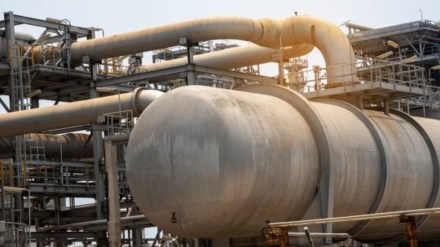After coming out with unified tariff for natural gas pipelines, the Petroleum and Natural Gas Regulatory Board is now seeking to revise the tariff policy for the product pipelines laid out by the state-owned oil marketing companies and private refiners, a member of the regulatory board, who did not wish to be identified told FE.
The new tariff structure will depend upon the capacity utilisation, capex, and the internal rate of return (IRR) of the pipeline. This will be a significant shift as the product pipeline tariffs are currently calculated as the 75% of rail tariffs on equivalent rail distance, along the pipeline route, except for LPG (liquified petroleum gas) where it is 100%.
The new rules are expected to make pipeline investments more remunerative, although the exact impact will be known only after revised tariffs are notified.
“Currently the product pipeline tariff is linked to the railway freight charges. We want to offer them new formula, like for gas pipeline tariffs,” the source said. “We realise that whoever is putting a pipeline should get some money and get some reasonable returns.”
The Board member noted that railway freight charges don’t change much often and stagnant railway tariff has resulted in maintaining pipeline tariff constant although the operational expenses of running the pipelines have increased.
Moreover, the Board wants to bring all product pipelines under one regulation in order to ensure proper capacity utilisation of all the pipelines. “Today, whoever is there in this industry is putting their own pipeline and charging the consumer. We are suggesting that all product pipelines should come under regulation for effective utilisation,” the member said.
PNGRB is also working to bring some amendments under the Petroleum and Natural Gas Regulatory Board (PNGRB) Act, 2006 post elections which is expected to have regulations on charges taken by regas terminals, transportation of green hydrogen and compressed biogas, and creation of a Transport Service Operator.
“Now we are seeing there are a number of terminals which are not being used for which we may create a pipeline for them to offtake gas. But there should be some regulation in place, so that if you have invested in the pipeline it should be secured.”
A Transport Service Operator will ensure equitable distribution of gas capacity to consumers in order to meet their requirements.
“Currently, you have to approach the entity, they will bargain and you get the capacity. We want a TSO, so that they can see capacity is being equally distributed to all, meeting the demand of consumers,” the source said. “If you want capacity you will get it.”
